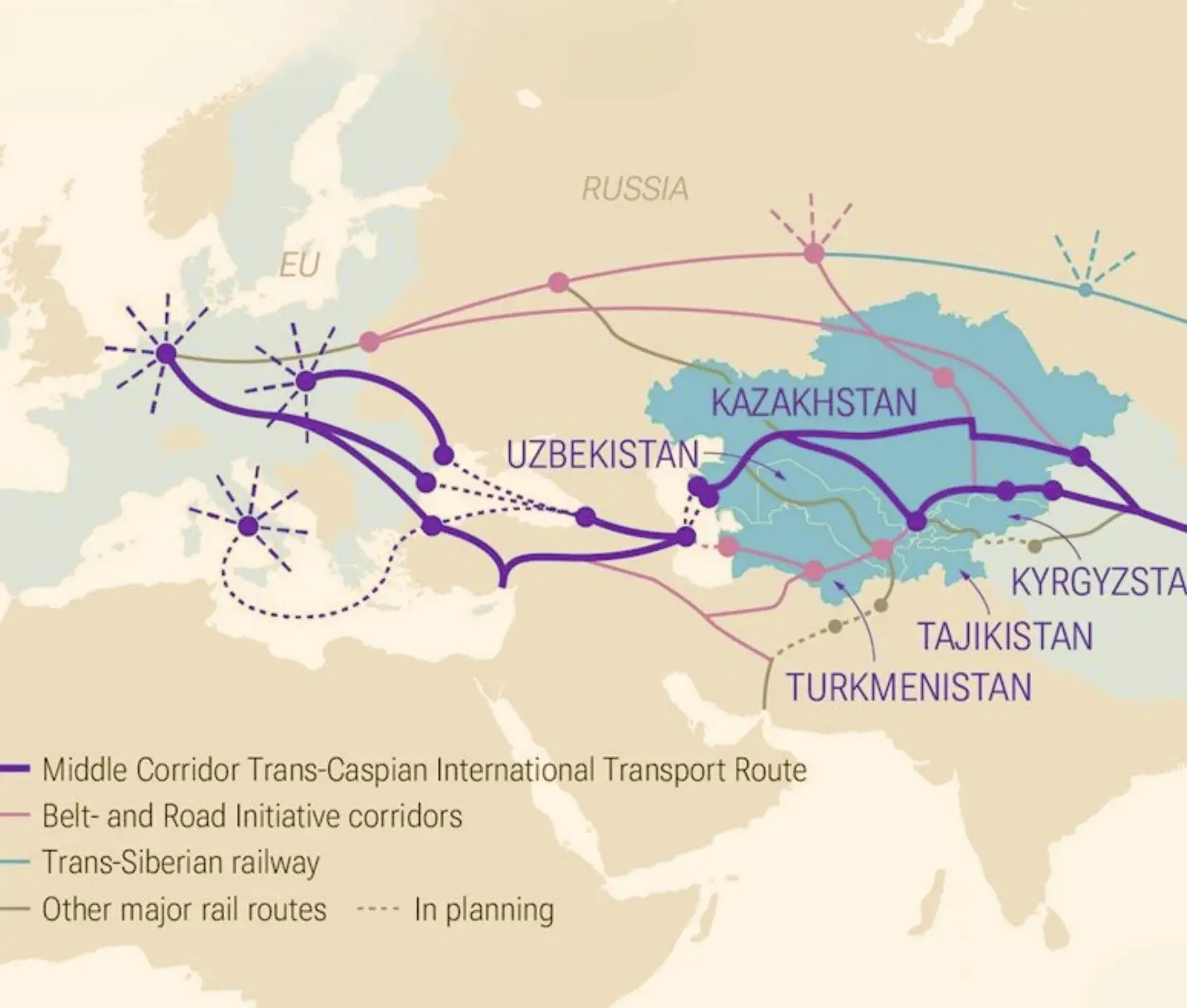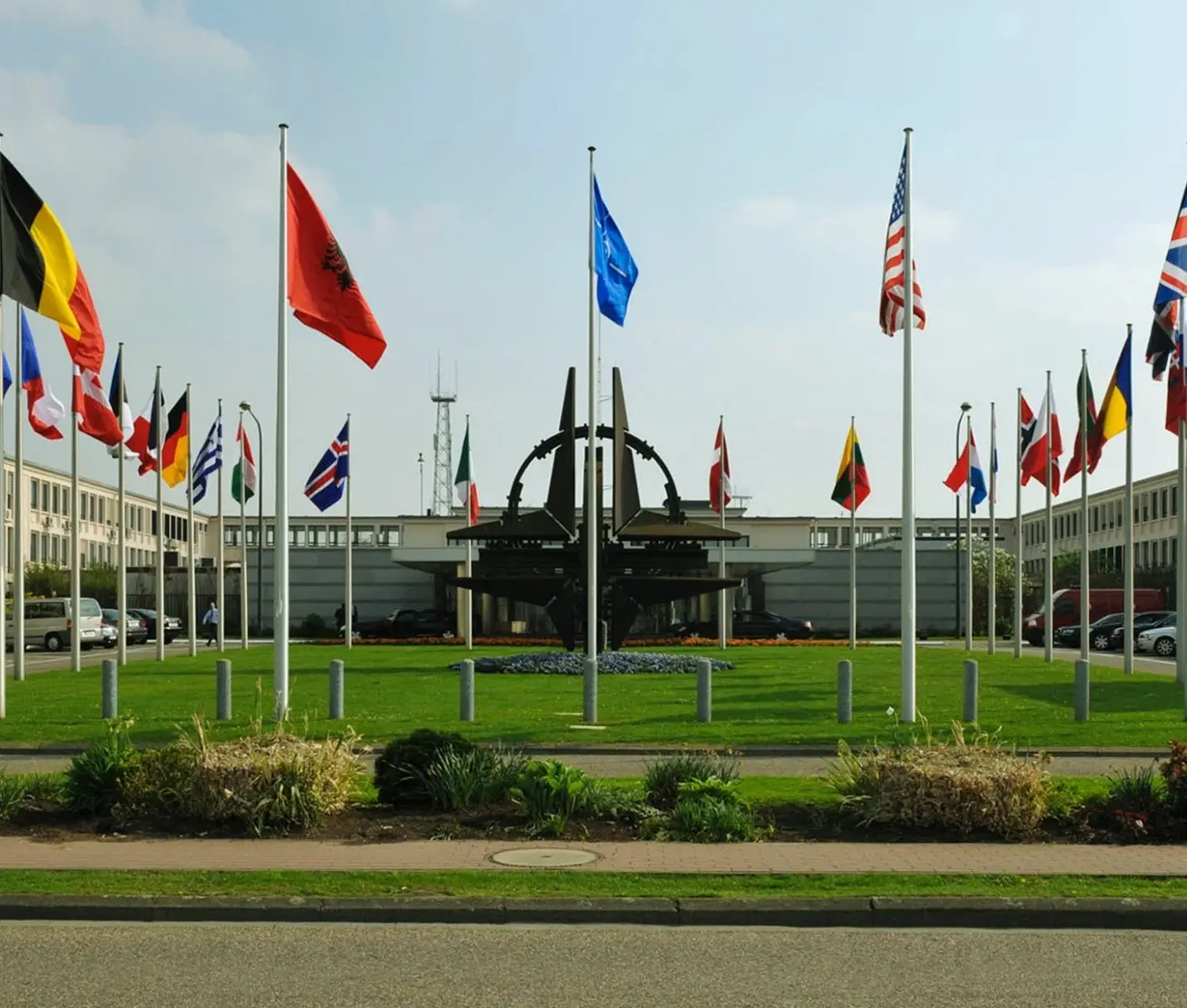This week, United States witnessed one of the largest coordinated civic actions in recent history under the banner of “Hands Off” protests. Organized across more than 1,400 cities, including major urban centers such as New York, Los Angeles, Washington D.C., Chicago, and Atlanta, the protests brought together millions of citizens expressing unified resistance to recent policy measures introduced by President Donald Trump and his advisor Elon Musk. These demonstrations were largely peaceful and marked by a diverse participation of students, activists, immigrants, labor unions, and civil society organizations.
The protests emerged as a response to a series of controversial reforms that many Americans perceived as direct threats to foundational public services and democratic institutions. Key among these was the restructuring of vital social safety nets, including projected cuts to Medicare, Medicaid, and Social Security. Many demonstrators feared these reforms would exacerbate economic inequality and disproportionately impact the most vulnerable populations. Additionally, the protests targeted the administrative overhauls led by Musk, particularly through the Department of Government Efficiency (DOGE), which had implemented mass layoffs across federal agencies, including a 25 percent workforce reduction at the Internal Revenue Service. This was viewed not only as a bureaucratic realignment but as an erosion of institutional stability. Economic policies also played a central role to ignite public dissent. The introduction of broad tariffs under what the administration termed “Liberation Day” measures raised serious concerns among economists and citizens alike, who feared the policies could disrupt trade, fuel inflation, and endanger market confidence. While the government defended these moves as necessary for national self-reliance and efficiency, critics viewed them as reckless experiments with far-reaching consequences.
Symbolic expressions of identity and resistance were evident during the demonstrations. One particularly resonant moment came from activist Greisa Martinez Rosas, who declared, “I am an immigrant, I am undocumented, unafraid, queer and unashamed,” while capturing the multi-layered grievances of those who feel marginalized by current political developments. Notably, the protests were not confined within American borders. Solidarity demonstrations took place in major cities around the world, including Paris, Frankfurt, London, and Berlin to signal global resonance of U.S. policy shifts. Moreover, despite the scale and intensity of the protests, the official response remained firm. The White House emphasized its commitment to modernization and fiscal prudence and asserted that critics had mischaracterized the government’s intentions. However, mass mobilization substantiated growing disconnects between policymakers and the public and demanded crucial role of civic engagement to hold leadership accountable. The “Hands Off” movement reflects not just opposition to specific policies, but a broader concern over the trajectory of American governance, democratic participation, and institutional integrity in a rapidly changing political landscape.






